Community Innovation Lab moves full steam ahead
One artist arrived at the Winston-Salem Community Innovation Lab’s three-day retreat with an empty bank account.
That revelation came to light during an emotional opening session for one group of Lab members working to generate awareness of inequities in employment, income and wealth in the city.
“Artists who are directly impacted by the problems we are seeking to address, like income equality, are a part of our group,” said Tommy Priest, the owner and operator of Coffee Park Arts at The Milton Rhodes Center for the Arts. “One of the artists on our team had $17 in his bank account that Thursday morning when we started talking for the first time. That is real talk. That shows we have a serious issue.”
During the intensive retreat Nov. 3-5 at Graylyn International Conference Center, members of the Lab moved from abstraction to action in their quest to transform the city into a more equitable and abundant place for all residents.
Being able to focus solely on the work we were doing allowed us to go from a place of talking about it to actually having a plan
The Lab is now in the prototyping and evaluation phase, which began in August and is expected to wrap up in April 2017. Each team—or “cluster”—of up to 15 members applied for up to $45,000 from EmcArts to research and test new arts-related strategies they believe could address the deep-seated inequities that persist across race and class lines. Then the groups will evaluate whether the interventions were effective in creating change and refine them as needed.
EmcArts, a nationally known service organization based in New York City, is designing and facilitating the Lab with primary funding from the Kresge Foundation. The Kenan Institute for the Arts at the UNCSA is among the conveners of the Lab, one of only four such projects in the United States.
The Conveners
- The Thomas S. Kenan Institute for the Arts at the University of North Carolina School of the Arts
- The Arts Council of Winston-Salem and Forsyth County
- The Winston-Salem Foundation
The Core Questions
- How can we create a more equitable and abundant Winston-Salem?
- How can we move systems of race, class and power to do so?
- How can we, as a community, build enough trust to enable transformative change to happen?
The Clusters
Lab members are working in “clusters” to develop strategies for four system interventions:
- Intersections + Conversations: This cluster is creating event-centered interventions using arts experiences to foster relationships between community organizations and businesses with the goal of generating awareness of — and critical conversations about — race, class and power.
- Inclusive Entrepreneurship: This cluster seeks to engage with existing structures and identify possible radical new structures needed to develop mutual support for entrepreneurs and small-business owners who have been excluded from business-development resources and access to capital. This cluster focuses on low-income and minority residents and those historically disconnected from capital and services, using storytelling to lift up existing stories of success and inspire others.
- First Stop Service Center: This cluster’s goal is to infuse the arts with supportive and social service programs for some of Forsyth County’s most vulnerable citizens. Driven by resident-identified priorities, human service providers in Winston-Salem will operate collaboratively to screen for and seek out gifts, strengths and talents in working with our residents to shape and navigate creative pathways to holistic and individualized success. Through the intentional infusion of arts and modern technology in all stages of our work together, we will provide a warm and welcoming atmosphere that models and promotes reciprocity, respect and sustainability.
- Cook Elementary: This cluster’s intervention seeks to use artistic practices to activate a trusting network of educators, parents and community partners to address the root causes that lead to race bias and barriers to literacy. This work focuses on Cook Elementary, a Literacy Model School with the highest in-school suspensions in the city.
Since beginning work in the fall of 2015, Lab members have progressed from understanding the dynamics of systems to developing significant interventions that could change it. They’ve considered whether the interventions could play out over time on a broad scale; could clearly disrupt ingrained mindsets and structures that drive the way things now work in Winston-Salem; and could incorporate opportunities for artists and cultural organizations to play central roles moving forward.
Karina Mangu-Ward, a lead facilitator for EmcArts, encouraged Lab members at the outset of the retreat to “think about these three days as a journey and to go down a few winding roads if that is what your work asks you to do.”
She described the retreat as the “pivot point” in the entire Lab process, when the clusters could both accelerate their work and build connections among their work. “We are pivoting to this prototyping phase, when you decide what it is you are really called to do with these resources.”
Mangu-Ward noted the many newcomers who have joined the Lab for its second year of work. They represent a diverse group of stakeholders, including artists, community organizers and activists, educators, cultural organizations, faith-based organizations, nonprofit service providers as well as those affected by poverty.
“It is a deliberate strategy to keep enrolling others in this work. It’s definitely a challenge as well,” she said. “The people who have been with the Lab from the beginning have been through a year-long journey and it can be difficult to explain it. But it’s not just about projects. It’s a way of building a network, it’s a way of thinking and it’s a way of working together.”
Among the new faces was Magalie Yacinthe, the owner of Yacinthe Event Services (YES), an event planning and project management company. Yacinthe joined the Inclusive Entrepreneurship cluster in October and at first found herself frustrated by how much of the group’s work seemed to center on talking rather than action.
“At my first meeting I was a little bit of a rebel. I am really big on action, on let’s just do this. So I was like, ‘What are we going to do? Why are we still just talking about it?’ ”
Being able to focus solely on the work we were doing allowed us to go from a place of talking about it to actually having a plan.
Magalie Yacinthe, Yacinthe Event Services
But during the retreat at Graylyn, she came to understand and appreciate the process. “The retreat allowed the various clusters to realize how important the work we are doing is and gave us that intense three days together to set the foundation for us to move forward,” Yacinthe said. “Being able to focus solely on the work we were doing allowed us to go from a place of talking about it to actually having a plan.”
Since then, the Inclusive Entrepreneurship cluster has launched a private Facebook group—its version of a focus group—to gather data and research that will inform the team’s planned multichannel marketing campaign. The goal of the campaign is to help underserved entrepreneurs find and access support resources in order to build a sustainable business, using the arts as a means to tell their stories of entrepreneurial success or aspiration.
“We want to be careful not to become the ‘alternate’ or the ‘other,’” said Fay Horwitt, executive director of innovateHER and project manager for the cluster. “We want to be inclusive. When people see our work, they see a picture of everyone.”
The other teams made significant progress as well.
The Intersections + Conversations cluster, of which Priest is a member, has created a Facebook group to share ideas for its event-centered intervention using arts experiences to engage the community in critical conversations around issues of race, class and power. In late October, the group introduced itself to audiences and hosted discussions at the Southeastern Center for Contemporary Art following performances of “Little Girl Blue,” a concert drama inspired by the life and music of Nina Simone.
We are going to utilize the arts to facilitate these kinds of conversations, so we can move the needle in people’s brains around these issues they don't want to talk about or feel they are too large to tackle.
Tommy Priest, Coffee Park Arts
“We are building an army of artistic mercenaries to move these issues into the public’s view in a different way,” Priest said. “We are going to utilize the arts to facilitate these kinds of conversations, so we can move the needle in people’s brains around these issues they don't want to talk about or feel they are too large to tackle.”
The Cook Elementary cluster, which seeks to build trust among educators, parents and community partners so they can address the root causes that lead to race bias and barriers to literacy, is focusing its first efforts on parent empowerment at the Cook Literacy Model School, which has been plagued by student suspensions and low performance. It plans to host a series of parent-led “listening conversations” as well as create a “time bank” program, a reciprocity-based system in which parents with various skill sets can bank and trade hours of work with one another instead of paying for services.
“If you get parents involved, you let them form around engagement,” said Marquita Wisley, a Cook parent. “We are letting parents lead the process and that’s what I see making it work. We thought if we could make this successful at Cook, we could replicate it at the other 11 priority schools in Winston-Salem.”
The First Stop Service Center team, which plans to infuse the arts with support and social service programs, will kick off its efforts with a cultural arts expo.
Paula McCoy, executive director of Neighbors for Better Neighborhoods, said that tapping the skills and talents that Forsyth County’s most vulnerable citizens have to offer is equally important as meeting their needs for goods and services.
“We have a system now that encourages people to lie and cheat to get services that they need. It is about how needy you are. It is about how broken you are. It is not about how gifted and abundant you are. We need to shift the paradigm,” she said.
There are no throwaway people. Everyone has something to offer, we just have to discover it.
Paula McCoy, Neighbors for Better Neighborhoods
“No more entitlements. It’s a reciprocal relationship — you give and you receive. There are no throwaway people. Everyone has something to offer, we just have to discover it.”
During the retreat, the group talked via Skype with the director of The Oberia Dempsey Multi-Service Center, a “one-stop shop” neighborhood service center in Manhatten's West Harlem that offers social services, education, arts and culture under one roof. The center has brought local services and arts activities close to those in need for 40 years.
The Rev. Kenneth Holly, one of the cluster’s leaders, was so impressed with what he heard about the Dempsey Center that he is planning a visit to New York City to see it first-hand.
During the retreat Lab members also learned more about the seven $3,750 seed grants awarded by EmcArts to support smaller-scale efforts that foster collaboration, learning and experimentation in Winston-Salem. They range from starting a no-interest, micro-loan fund for creative women entrepreneurs to building a network of parents at the lowest performing schools in Winston-Salem to advocate for arts education.
After the clusters test out their ideas in the coming months, Mangu-Ward said they will then examine their efforts for effectiveness and determine what they have learned.
“All of these projects are interconnected in some ways and there are a lot of opportunities for supporting each other and shared learning,” she said. “In May, we will host a final gathering of everyone involved in the Lab at every point to consider next steps and figure out how to really anchor this work going forward.”
Origins and Design of EmcArts Labs Existing Pilot Sites for EmcArts Labs
December 16, 2016
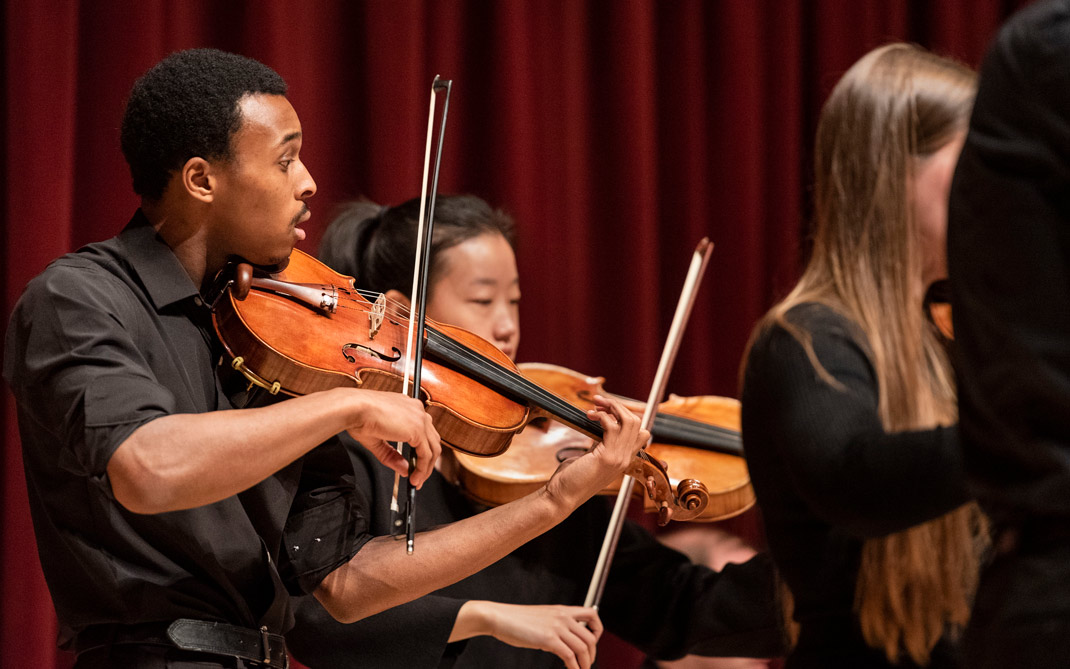
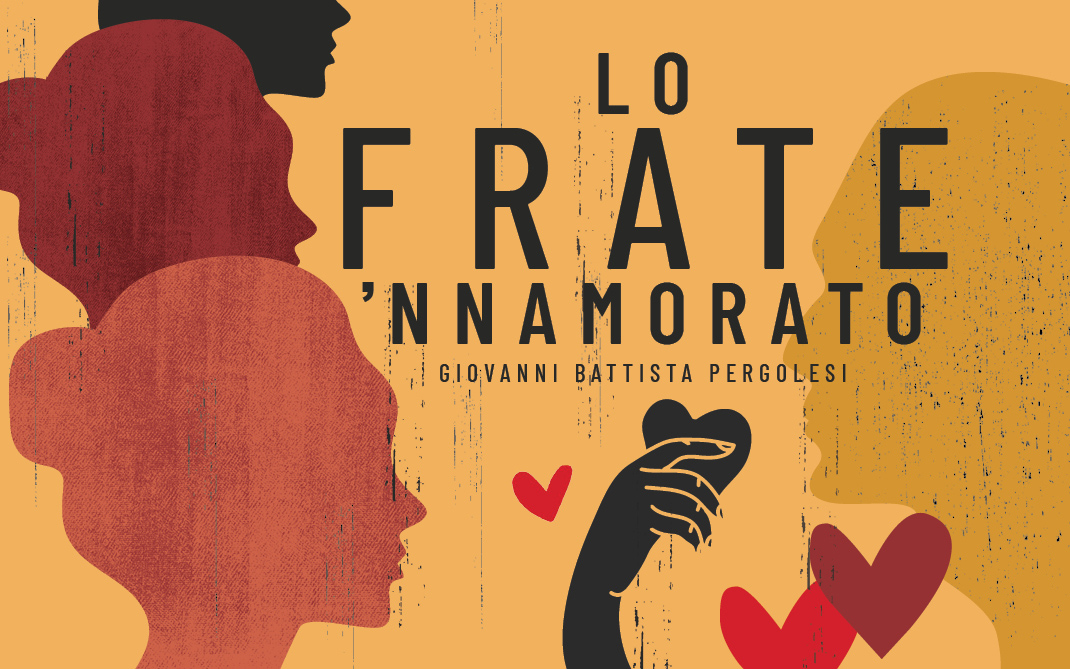
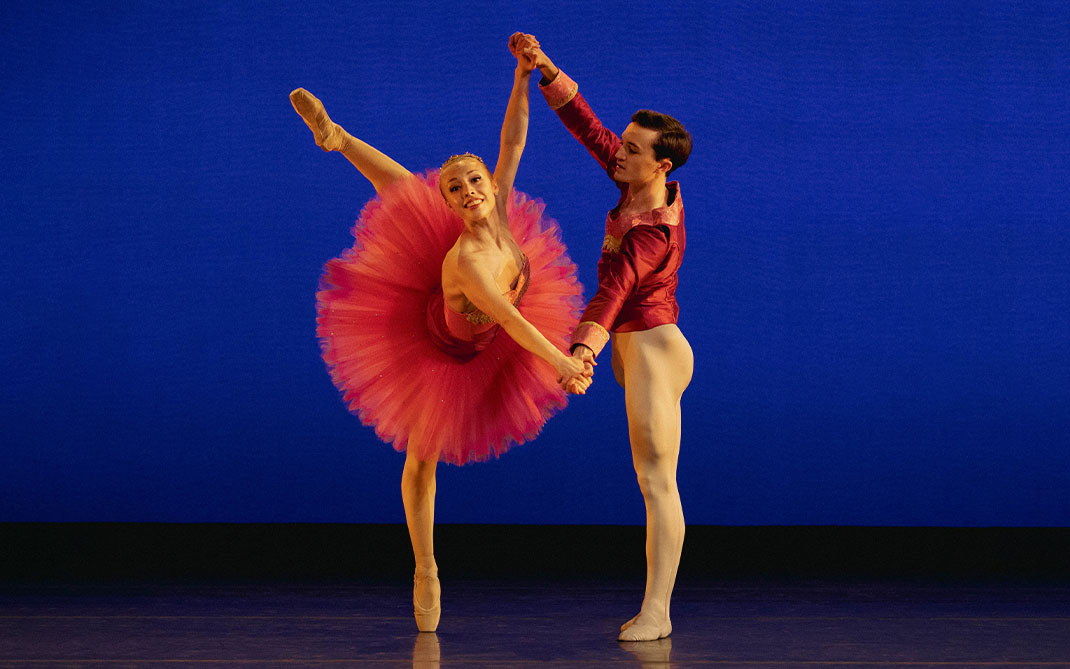
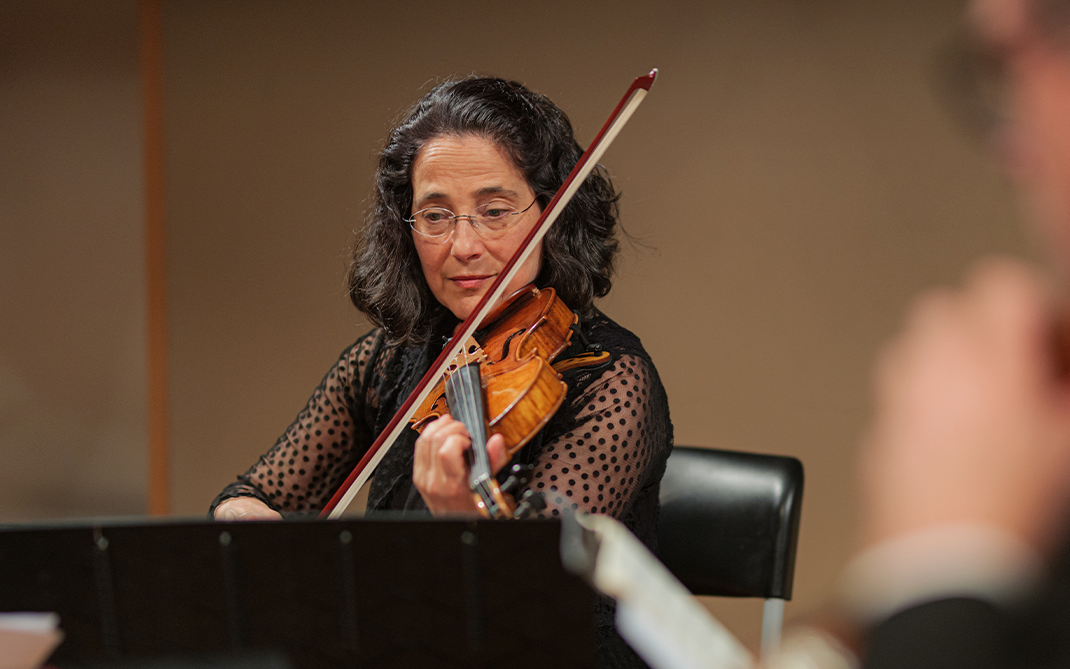
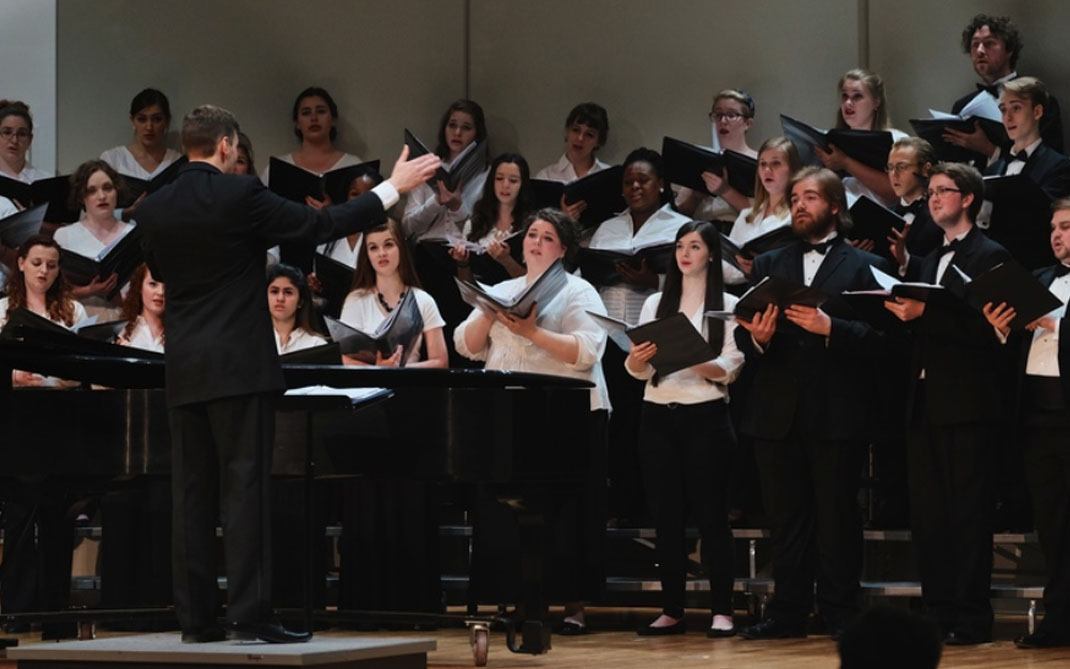
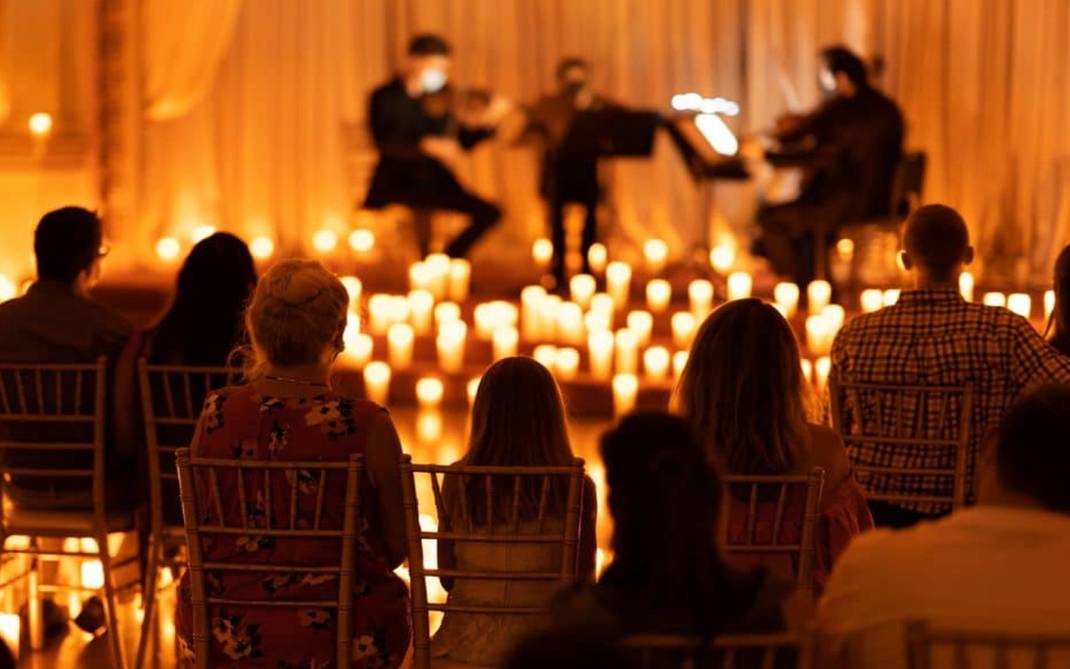
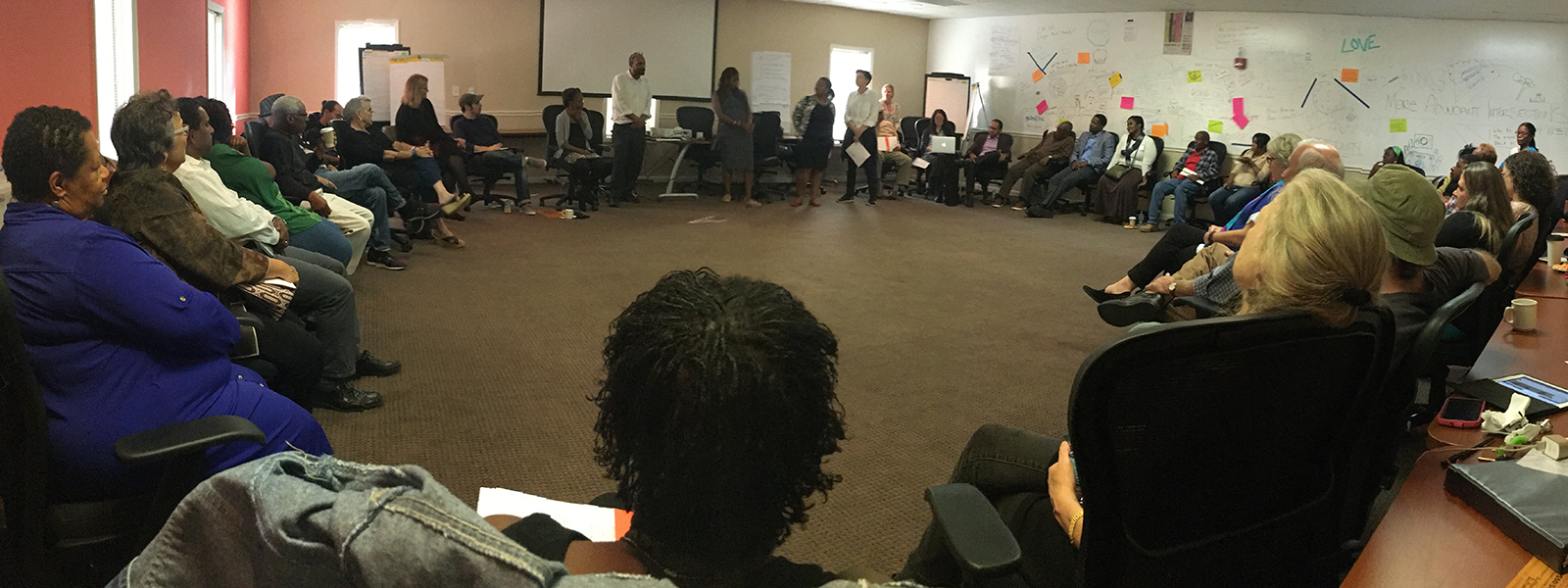
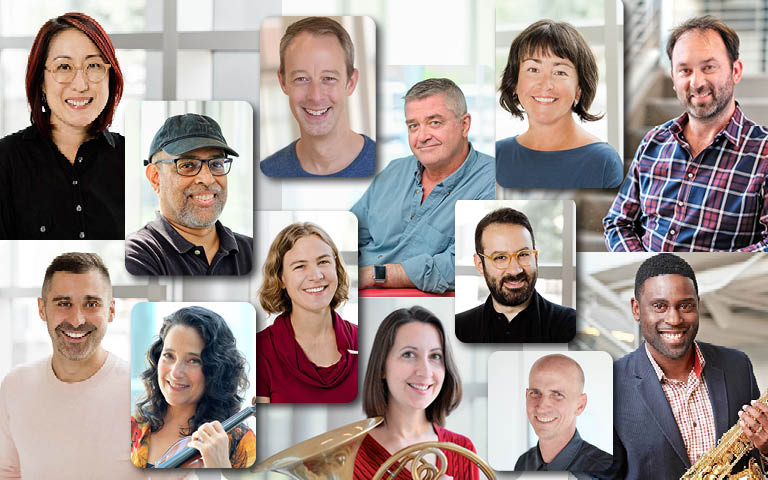 Kenan Institute for the Arts awards 2022-2023 Faculty Leadership Grants
Kenan Institute for the Arts awards 2022-2023 Faculty Leadership Grants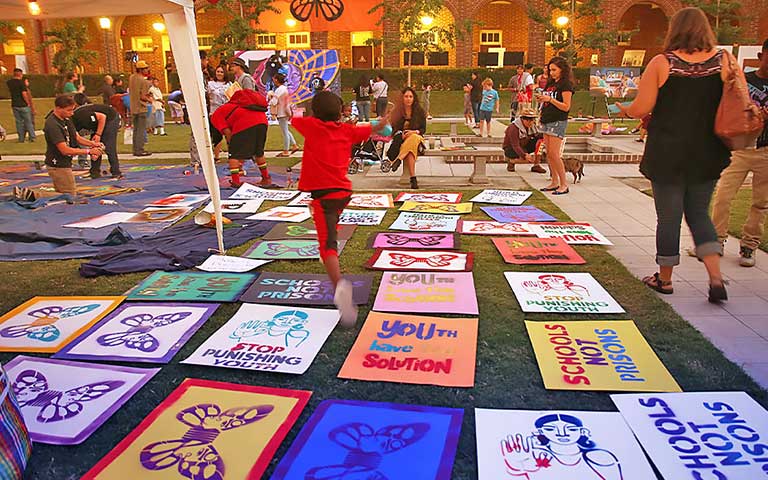 Local founding partners announced for national arts and wellness initiative with National League of Cities
Local founding partners announced for national arts and wellness initiative with National League of Cities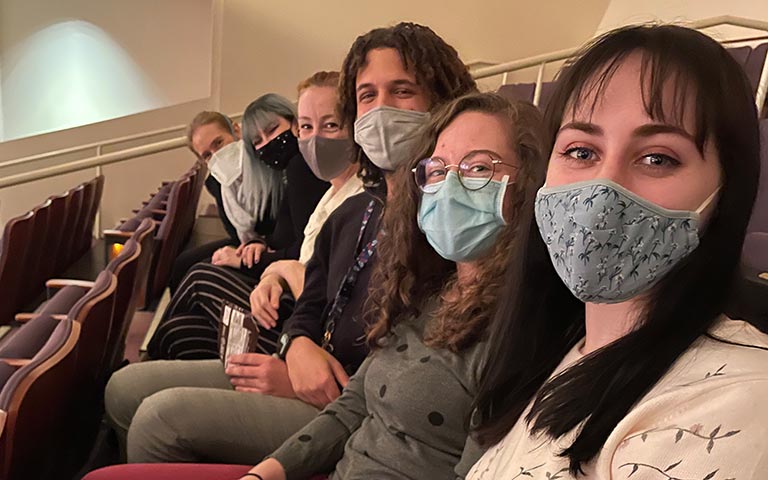 Faculty Enrichment Grants support real-world art and cultural experiences for students
Faculty Enrichment Grants support real-world art and cultural experiences for students